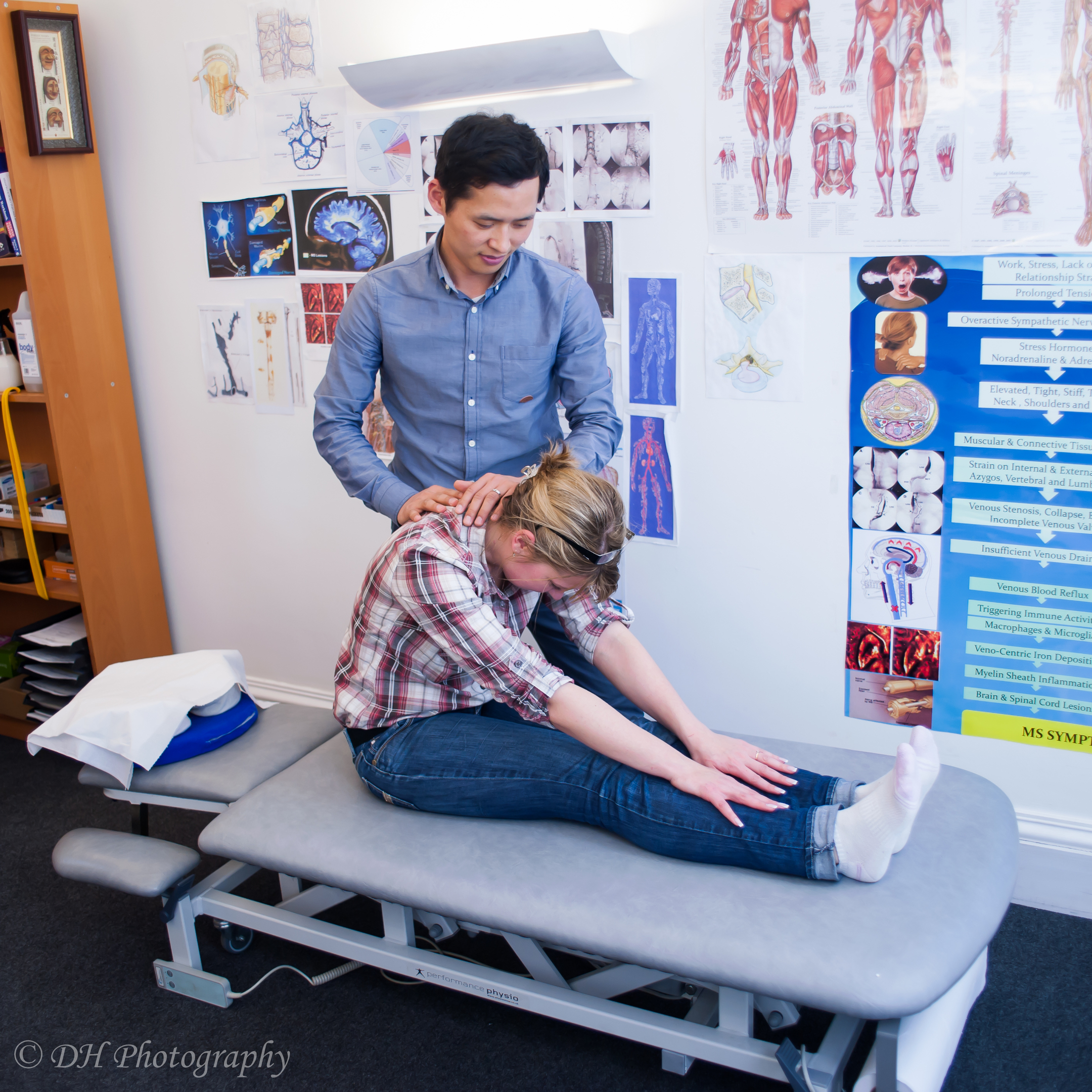For the estimated 10,000 people living with multiple sclerosis (MS) in Scotland, the struggle to gain access to effective treatment which could potentially help alleviate symptoms has become all too common.
With no current cure and with limited treatment options available, those affected by MS would be forgiven for thinking they were consigned to a life of seeing their symptoms simply worsen.
However, hope may be on the horizon for individuals in Scotland and particularly the north-east, with the introduction of a pioneering new treatment to the area.
Over the past five years, Chongsu Lee, an Edinburgh-based physiotherapist, has developed an innovative spine manipulation treatment which has been found to have a positive impact on a number of individuals who are affected by MS.
The technique, which involves gentle manipulation of the spine and surrounding soft tissue to release tension from the body, has, in many cases, resulted in walking improvements. It has even been found to improve an individual’s energy levels, as well as helping restore bladder functionality.
After establishing himself and his practice, Point One Clinic, in Edinburgh and Glasgow, Chongsu has expanded into Aberdeen after seeing demand for his services in the north-east steadily grow.
He said: “Point One was established in 2010 and has naturally grown throughout the last five years. I’ve had people travel down from Aberdeen but as you can imagine, that involves a lot of travelling hours and expense.
“More so, our approach is about making the spine loose; that is really fundamental in the treatment that we’ve developed. People who travel long distances are obviously sitting for over two hours at a time and that can really undo a lot of the good work we can provide so we’ve decided to go to them rather than allow them to come to us.
“In terms of the technique itself, I didn’t actually mean to place my focus on MS. I initially worked as an engineer for Hyundai in South Korea. Through experiences with my own health issues, I took an interest in holistic approaches to improving health and I moved to Edinburgh to undertake my studies in physiotherapy.
“I formed my own practice and a couple of people, who were living with MS, came along for relief in their neck and back. I concentrated on what they were asking and at that time the technique was very different to what I do today but it was still slightly different to what is known as textbook physiotherapy.
“Over the last five years, it’s been about refining the technique and applying the approach. It’s also been about justifying the approach so I’ve delved into MS and studied it so I can be able to explain to people academically the benefits it may bring to them.”
With word on the improvements that the treatment can bring spreading in the north-east, Chongsu’s pioneering technique is only set to be enhanced further after £120,000 was recently awarded to fund a four-year PHD programme at Napier University which will evaluate the benefits his physio has on those living with MS.
But despite the physical improvements his technique has been found to provide, Chongsu believes the most important aspect of his treatment is allowing the individual to believe there is help out there which will allow them to get better.
Scottish actress Alison Peebles recently hailed the dramatic improvement which Chongsu’s treatment brought to her. Aberdeen FC stalwart Brian Irvine continued playing full-time football after he was diagnosed in 1995. And Jack Osbourne has continued to lead a normal life, despite being diagnosed with MS in 2012. All three have had one thing in common; they believed they could improve and they did.
He said: “With every client, we set out to provide 30 sessions of treatment. Case by case it differs, but to see a positive response it often takes quite a long time. It’s gradual, incremental change but we’re slowly helping alter perceptions that MS simply gets worse.
“I’m seeing day to day improvements in a number of cases and I’m seeing people being given hope. A lot of people appreciate there is some help out there. The hope element is a huge part of everything we do.”
